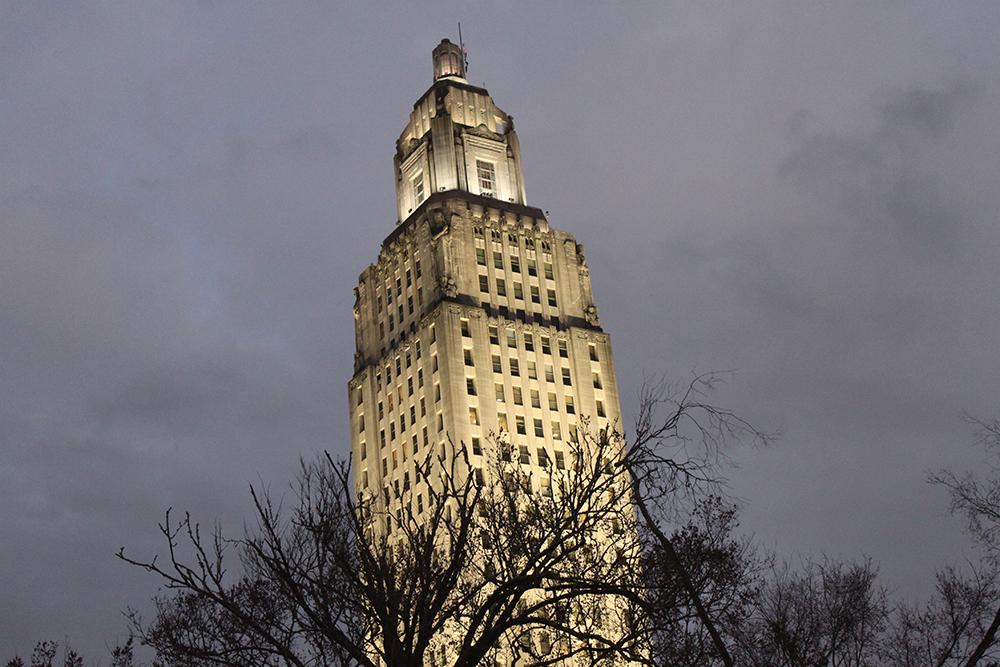BY: WESLEY MULLER – Louisiana Illuminator
Legislation that would allow local governments in Louisiana to hide many of their records from the public has cleared one of its last committee hurdles and is nearing final passage in the Legislature.
House Bill 461 by Rep. Steven Jackson, D-Shreveport, would exempt records related to local and parish economic development projects from Louisiana’s Public Records Law. An amended version of the proposal cleared the Committee on Senate and Governmental Affairs without objection Wednesday.
The bill would allow a mayor, parish president or top local government official to declare any records confidential if they determine their public release “would have a detrimental effect” on an active business negotiation. It would also allow the company or person negotiating with the government to request confidentiality.
All states and the federal government have some version of a “sunshine” law for records. However, Louisiana lawmakers have gradually chipped away at the state’s Public Records Law, adopting more than two dozen changes that have revoked access to a long list of government records since the law was enacted in 1940.
Jackson, a freshman lawmaker, has defended the measure by saying it would apply only to records related to economic development projects. His bill offers only a vague description of economic development records as those pertaining to any project “involving the retention, expansion or attraction of further economic development.”
This would let local governments hide any records they want simply by declaring them related to economic development, according to First Amendment attorney Scott Sternberg.
During Wednesday’s committee hearing, Sen. Greg Miller, R-Norco, expressed concern over the consequences of the legislation.
“We’re talking about every single local government from the smallest little hamlet onward,” Miller said.
He pointed out that the initial version of the bill would have extended the secrecy even to “records of expenses of the local government pertaining to the negotiation.”
“Your bill exempts all the records of expenses,” Miller told Jackson. “That’s completely unacceptable.”
The committee adopted an amendment that removed that provision.
Jackson told the committee he sponsored the bill because when he served on a local government board, consultants from other jurisdictions would file public records requests to find out what incentives were being offered to a business. The consultants or competing governments would then use the information to lure the project away, he said.
Sternberg expressed skepticism with the idea that the public records law hurts local economies.
“I’m not sure what problem we’re trying to solve here, and I’m not sure businesses aren’t coming here because of public records,” he said.
In response to those concerns, Jackson agreed to work on another amendment that would sunset his bill after four years.
His proposal is pending consideration on the Senate floor.


